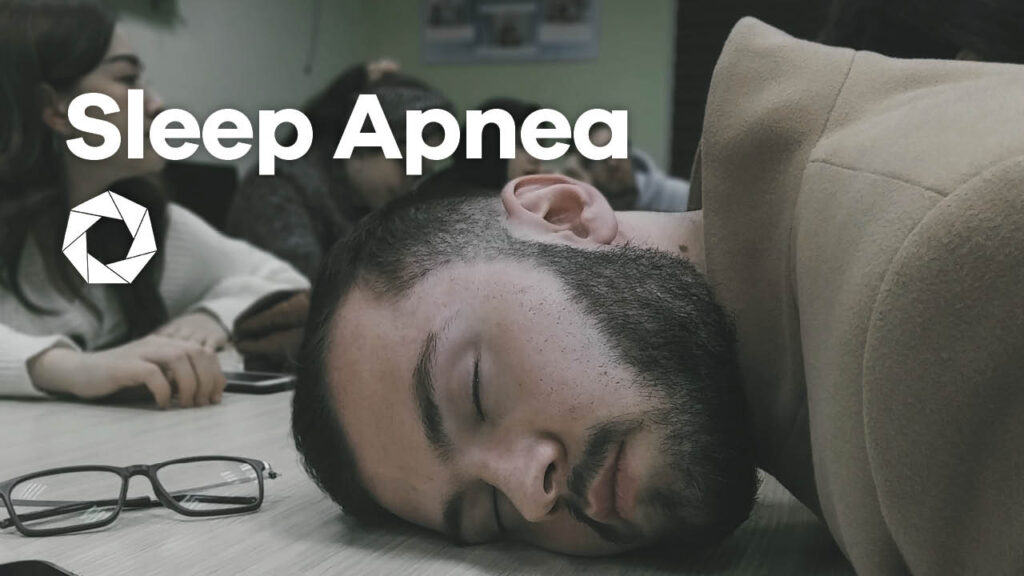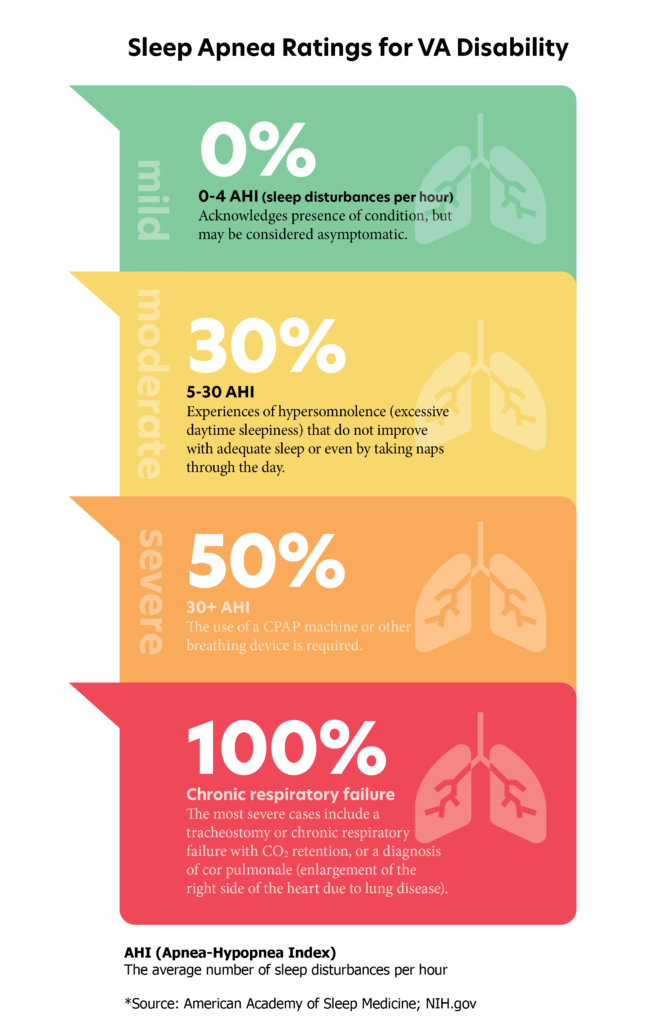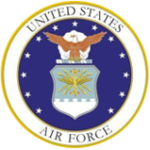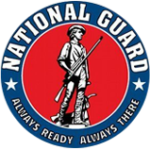Sleep Apnea & VA Ratings – The Essentials

What is Sleep Apnea?
Sleep apnea is a sleep disorder characterized by repeated interruptions in breathing during sleep. These interruptions, called “apneas” or “hypopneas,” can cause a person to partially or completely stop breathing for brief periods. This disruption in breathing can lead to poor sleep quality and a range of health issues. Some common effects of sleep apnea include excessive daytime sleepiness, difficulty concentrating, morning headaches, irritability, and an increased risk of cardiovascular problems, such as high blood pressure, heart disease, and stroke.
There are three types of Sleep Apnea diagnoses:
-
- Obstructive Sleep Apnea (OSA): This is the most common type of sleep apnea. It occurs when the muscles at the back of the throat fail to keep the airway open, despite efforts to breathe. The airway becomes blocked or narrowed, often causing loud snoring or choking sounds as the person struggles to breathe. The brain senses the lack of oxygen and prompts a brief awakening to restore normal breathing.
-
- Central Sleep Apnea: This type is less common and occurs when the brain fails to send proper signals to the muscles responsible for controlling breathing. Unlike OSA, there is no physical blockage of the airway. Instead, the body’s respiratory control system malfunctions, leading to pauses in breathing.
-
- Complex Sleep Apnea Syndrome (also known as Treatment-Emergent Central Sleep Apnea): This type is a combination of both obstructive and central sleep apnea. It initially presents as OSA but transitions into central sleep apnea with the use of continuous positive airway pressure (CPAP) therapy to treat the obstruction.
Diagnosis and treatment of sleep apnea are essential to manage its effects. Medical professionals diagnose sleep apnea through sleep studies, which monitor various bodily functions during sleep. Treatment options can include lifestyle changes, such as weight loss and positional therapy, as well as medical devices like CPAP machines that help keep the airway open. If left untreated, sleep apnea can significantly impact your overall health and quality of life. Seeking medical attention if you suspect you have sleep apnea is crucial for proper diagnosis and management.
What goes into filing a claim for Sleep Apnea?
Navigating the intricacies of VA disability ratings can be a challenging task, especially when it comes to conditions like Sleep Apnea. Our comprehensive guide aims to break down the VA disability ratings for sleep apnea, offering fellow Veterans clarity on how their condition is evaluated for compensation.
Understanding How the VA Rates Sleep Apnea
To receive disability benefits, Veterans need to establish a service connection and demonstrate the severity of their sleep apnea. The VA rates Sleep Apnea under the respiratory system, specifically using the criteria for obstructive sleep apnea (OSA). The condition is evaluated based on the frequency of respiratory disturbances during sleep, which is typically measured through the Apnea-Hypopnea Index (AHI).
-
- 0% Rating: If the AHI is between 0 and 4 events per hour, a veteran may receive a non-compensable 0% rating. While there’s no monetary compensation, this rating acknowledges the presence of the condition.
-
- 30% Rating: An AHI between 5 and 30 events per hour, or the use of a breathing assistance device like a CPAP machine, can qualify a veteran for a 30% disability rating. This indicates moderate sleep apnea.
-
- 50% Rating: If the AHI is 30 or more events per hour, or the veteran is using a CPAP yet experiences persistent daytime sleepiness, they might be eligible for a 50% rating. This signifies severe sleep apnea.
-
- 100% Rating: The most profound cases of sleep apnea involve chronic respiratory failure with carbon dioxide retention or a diagnosis of cor pulmonale (enlargement of the right side of the heart due to lung disease). Absent either of these diagnoses, a tracheostomy may be required.

Gathering Evidence
Start by collecting your complete medical records, especially sleep study reports that show the severity of your condition. Include documentation of treatments like CPAP use, and seek a medical opinion (nexus statement) from a specialist linking your condition to your military service. Personal statements, buddy statements, and employment records can provide further support. Utilize VA forms like 21-0960L-2, and consider consulting an expert for guidance. Ensure all evidence is well-organized for your claim submission, as strong evidence is crucial for a successful claim.
Working with a Medical Professional
The expertise and insights of a medical professional are invaluable in establishing a clear and medically supported connection between a veteran’s condition and their military service. Medical professionals can provide crucial documentation, including accurate diagnoses, medical histories, and the functional limitations caused by the condition, which are essential elements in a disability claim. Moreover, their expert opinions, often in the form of medical nexus statements, serve as persuasive evidence to substantiate the veteran’s case, reinforcing the link between your condition and your military service. Collaboration with a medical professional ensures that a VA disability benefits claim is well-supported, enhancing its credibility and increasing the likelihood of a successful outcome in the VA disability rating process.
Denied or underrated by the VA for Sleep Apnea?
Understanding the breakdown of VA ratings for Sleep Apnea and how to articulate the severity of symptoms is of paramount importance for veterans seeking disability compensation. Seeking guidance from the on-staff medical professionals, attorneys, and former VA raters at Seven Principles Group can significantly improve the success of a sleep apnea VA disability claim.















